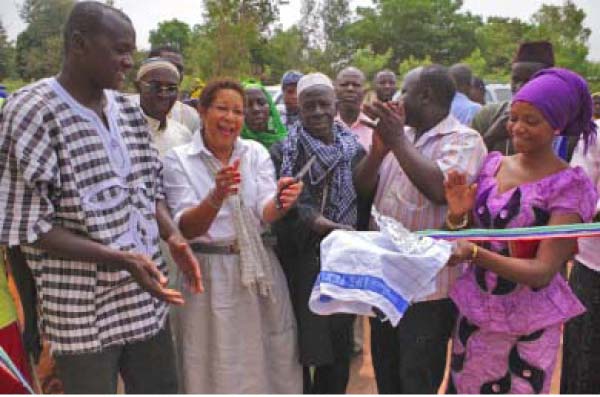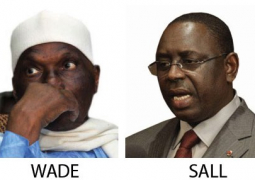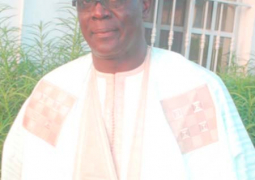
The Ambassador made her first stop in Kerewan where she was joined by the Governor of North Bank Region (NBR), Lamin Queen Jammeh, to inaugurate a solar electrification facility at the Kerewan Community Radio.The project, funded to the tune of GMD165,500, seeks to support the radio’s effort to continue broadcasting programs about local news, agriculture, health, education, natural disasters, and journeys through “the backway.”This support is the second such the Embassy extended to the radio.In 2008, the U.S. Embassy provided GMD496,000 ($12,400) to the North Bank Community Radio station to expand its coverage.This expanded the radio’s range beyond the region, letting even more people hear the important programming the radio station airs.
Ambassador Alsup described timely and relevant information as critical, and underscored that a community radio station provides a singularly important service by keeping local communities informed of the issues that are vital to their existence.“This type of press is most effective when shared in the community’s common language with a goal of community participation in the decision-making processes that contribute to good governance.Radio can be the driving force to influence opinions and raise community awareness on the issues of the day that matter most in people’s lives,” she said at the event.
From Kerewan, the Ambassador, in the company of Central River Region (CRR) Governor, Omar Khan, visited Firdawsy Health Post where she commissioned solar electrification and water supply systems. This Health Post was constructed with funds from the Ambassador’s Special Self Help Fund in 2012.This time, it received GMD220,350 in funding .
Ambassador Alsup described reliable lighting and water supplies as important to achieving the level of health security that should be the right of every Gambian.“Good health is an important prerequisite for economic and social development in all communities.In the absence of good health, you cannot work on your farm or educate yourself and your children.Without good health, you cannot pursue your business successfully, nor can you participate in the community decision-making required for sound democratic governance,” she remarked at the event.
The Ambassador wrapped up her tour on Tuesday, March 1st with an inauguration of a Groundnut Oil-Pressing Machine, initiated by Tumana Youth Development Association in Upper River Region (URR).The groundnut oil-pressing machine will allow the district to produce and consume high-quality oil that will hopefully contribute to improved health.Even more importantly, this groundnut oil-pressing machine will save time and energy for women of the district, allowing them to engage in other pursuits.
In her remarks, the Ambassador said: “Anything that lightens the daily burden of women; anything that provides women with extra hours for other pursuits, such as education, family, relaxation, health and other aspects of social and economic development, is a powerful tool for Gambian community development.The women of Tumana district, like the women of so many communities in The Gambia, are the main food providers in their households, and the guarantors of future national food security.Providing women with tools that help them to realize their full potential, and contribute fully to national development through participation in the democratic process, is the business of everyone.”
The SSH Program encourages communities to be self-reliant and continue related activities on their own in the future. All SSH projects are community-based, locally initiated, administered at the local level and include significant community contributions in cash, labor or materials.




